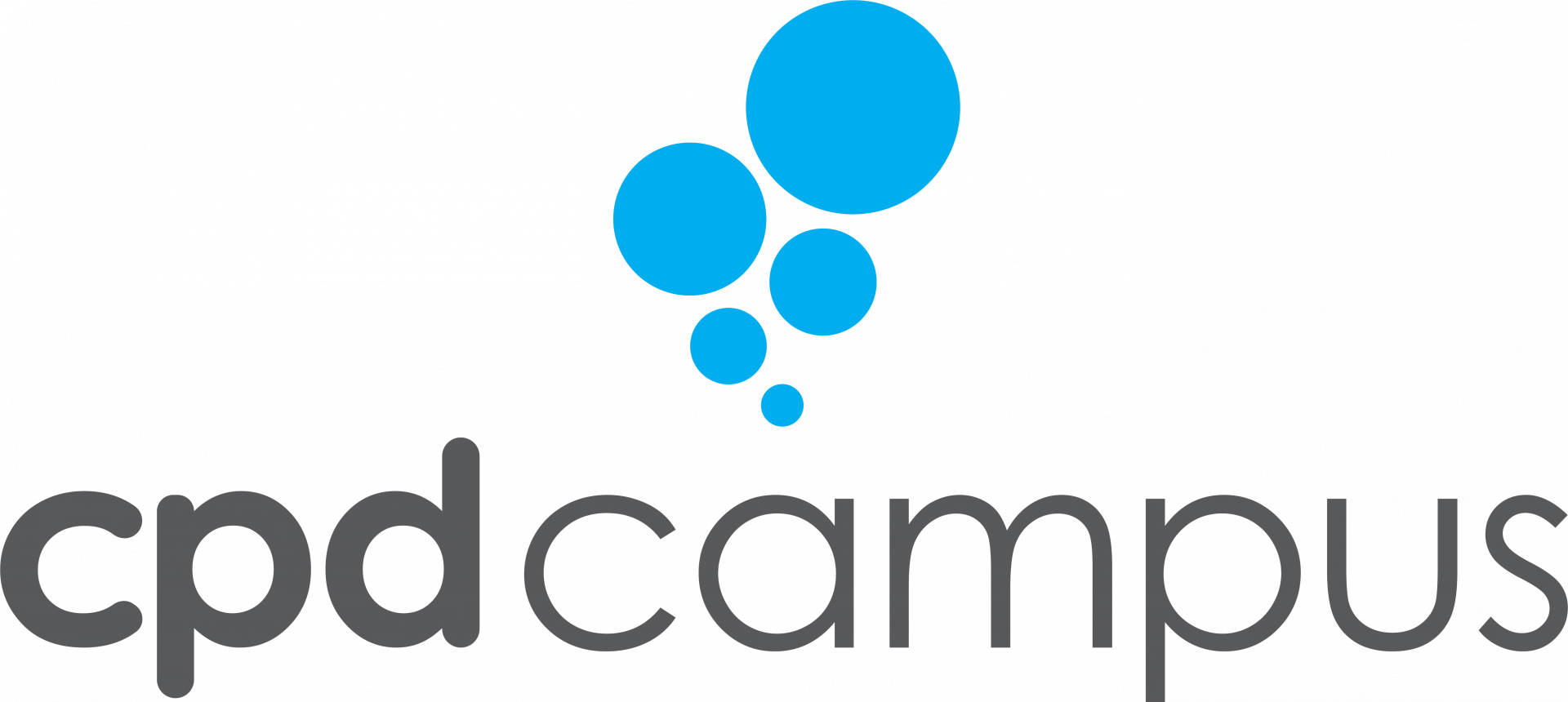In recent years a concerning ‘accusation’ against the accounting and auditing professions has surfaced, relating to the members of these allegedly ‘not always displaying an ability to think critically’. Added to that, a suggested lack of creative problem-solving skills does not paint a great picture of our valued professions. Accountants’ and auditors’ ability to apply critical thinking and creatively solve problems daily is ultimately what makes them invaluable to any business. So, where to now?
It is firstly important to address the origin of these perceptions. It is my opinion that recent corporate accounting scandals, gross (and very public) audit failures, rampant fraudulent and corrupt activities (as exposed by the Zondo Commission), and many more such events involving accountants and auditors, have sparked suspicions about the very ability (competence) of these professionals to fulfil their roles and duties – the fact remains: perception is reality for most, unfortunately!
The question therefore needs to be asked – can accountants and auditors think critically? And if not, can they be taught to do so? In a recent LinkedIn poll, I posed this question, where 24% of voters expressed their view to be that people are born with/without the skill to think critically. 22% of voters felt critical thinking skills are learnt at varsity level (could this be too late?). The most interesting outcome was that 45% of voters believed that critical thinking skills are learnt as a child, i.e., during the primary education phase. This is concerning, as our education system is ranked one of the poorest in the world. The remaining 11% held another opinion.
In our live CPD event on 5 May 2022, multi-award-winning innovator, and international tech entrepreneur guest speaker Jaco Gerrits, CEO of RoadSave, convinced me that critical thinking is a process happening at various phases/stages in business, and not a once-off event or skill that you have, or don’t have. It is over-simplified to say that one is born with the skill or taught the skill at primary school level, and that’s it. It is a skill that constantly evolves by firstly making the decision to identify and take on problems direly begging to be solved, of which we find numerous to choose from in South Africa!
Then, through a process of proper and balanced planning, and real-time-adjusted execution, critical thinking drives a professional to creatively develop the solution to the problem. This meant to me that critical thinking isn’t evidenced by having the perfect answer before anyone else, but that one’s thought process is so unbiased, balanced, mature, creative, and structured, that it can be adjusted in an instant to accommodate new information that guides one to that life-changing solution!
What also stood out in the session is that so many professionals choose to merely complain about the challenges in South Africa instead of getting excited about these and developing the solutions to address them! Anyone who chooses to be innovative, open-minded, and positively motivated, can become a successful entrepreneur, but it takes hard work. In the end, complaining about problems, alas, does not solve them! The question remains: are you willing to apply (and constantly evolve) your critical thinking skills to be a successful entrepreneur?


